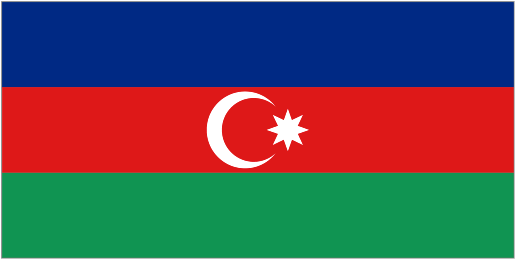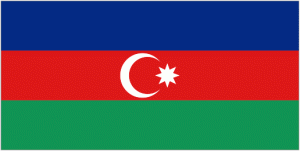January 20

Black January is the Azerbaijani term for the massacre of January 20, 1990. Every year since 1990, the people of Azerbaijan remember those who fell that day. They are called the January 20th Martyrs.
On that day Soviet troops stormed the capital city of Baku. Their supposed intent was to crack down on Azeri nationalist demonstrations, to protect the faltering Communist Party leadership, and to stem the violence in the Nagorno-Karabakh Autonomous Region between Azeris and Armenians.
The result of the attack was at least 133 Azerbaijanis killed; hundreds more were wounded. Most of the victims were civilians and peaceful demonstrators.
Azerbaijani citizens don’t appreciate the fact that the same year Soviet Premiere Mikhail Gorbachev ordered the attack on Baku, he was awarded the Nobel Peace Prize.
Azerbaijan gained its independence in 1991, but the Nagorno-Karabakh War continued for years. Even today Armenia and Azerbaijan contest the ownership of the N-K Autonomous Region, and nearly 20 years later, emotions run high when remembering the Martyrs of Black January.


